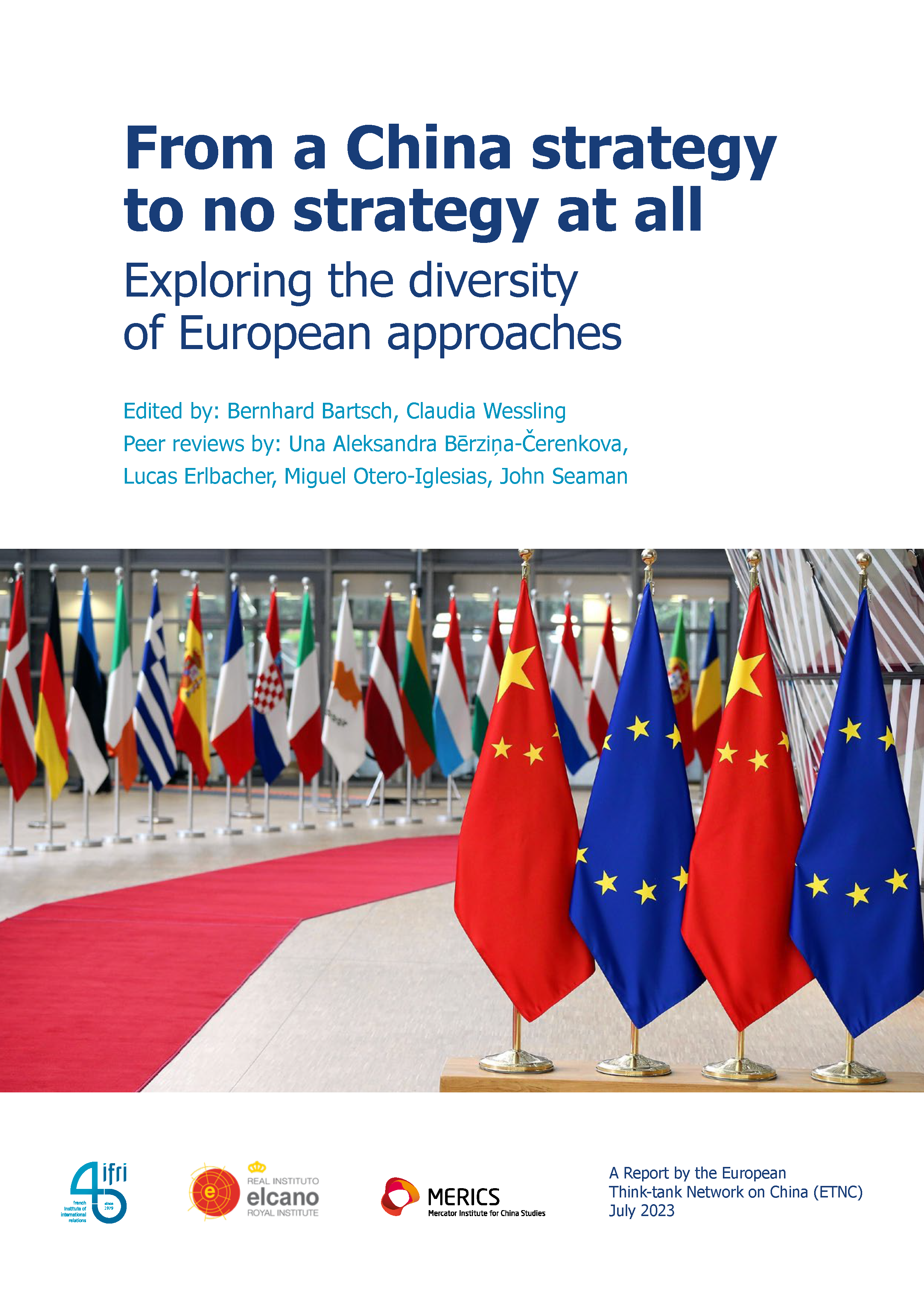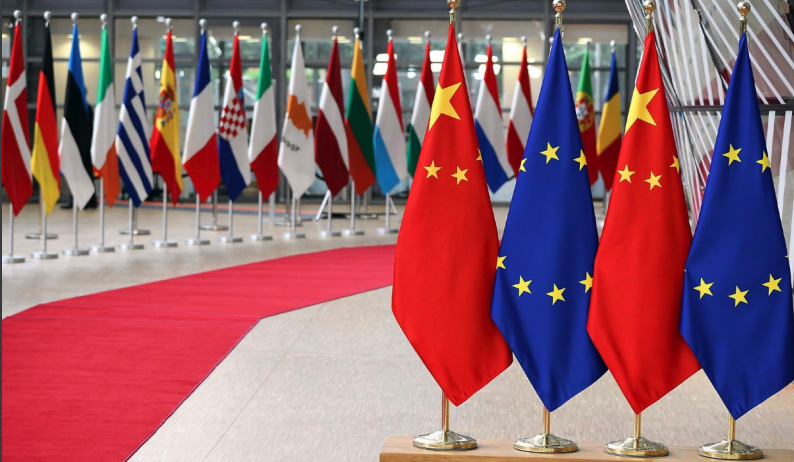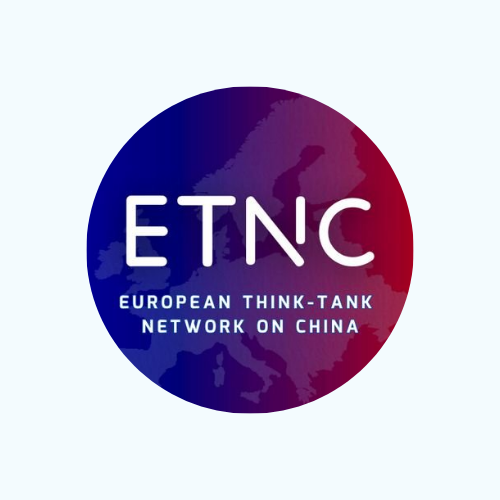From a China strategy to no strategy at all: Exploring the diversity of European approaches

While there is now new momentum in the relationship between Europe and China, considerable variation remains in approaches across the continent, from clear-cut strategies to more ambiguous policies, complicating a common European position.

In the ninth report since its inception in 2014, the European Think-tank Network on China (ETNC) gathers analysis on 24 countries plus the European Union to map these different approaches. The chapters of the report tackle a range of questions that weigh on the cohesiveness of a broader European strategy:
- National China strategies: Where do member states and other European countries stand?
- Mechanisms: How do European countries coordinate and share information on China?
- EU tools: Which national instruments exist for implementation?
- Risk analysis: Which approaches do countries take?
- Working with China: In which Chinese institutional frameworks do countries participate?
- Spotlight on Taiwan: What activities exist in this contested space?
Ten years after Xi Jinping took the helm in China, European countries have become more aligned on how to deal with this aspiring world power. However, approaches towards China vary depending on the intensity of relations, the extent and nature of economic dependence as well as attitudes towards the authoritarian government in China. Some have devised national China strategies, some prefer a less public, more decentralized approach, while others do not consider China an important issue for their national politics. The chapters of this report explore this broad diversity.
France: An ambiguous China policy with no clear roadmap
In the report, Ifri’s Marc Julienne explains that France’s China policy is difficult to grasp because it has no clear and centralized roadmap. Diving into the tenets of France’s China policy, Paris intends to preserve economic interests as long as possible, while acknowledging the profound transformation within the Chinese Communist Party. The French China policy is intertwined with the European one, and Paris is even proactive in Brussels to build up new defensive mechanisms. Beyond the bilateral relationship, France is trying to find its own way within the US-China strategic competition, alongside its American ally, but trying to avoid dangerous escalation. Still, the lack of an explicit doctrine and the blurry official communication has led to misunderstandings with partners and allies, and to coordination loopholes within the government.
Discover this and all ETNC reports on the network's website: https://etnc.info/

Available in:
Regions and themes
Share
Download the full analysis
This page contains only a summary of our work. If you would like to have access to all the information from our research on the subject, you can download the full version in PDF format.
From a China strategy to no strategy at all: Exploring the diversity of European approaches
Related centers and programs
Discover our other research centers and programsFind out more
Discover all our analyses
RAMSES 2024. A World to Be Remade
For its 42nd edition, RAMSES 2024 identifies three major challenges for 2024.

France and the Philippines should anchor their maritime partnership
With shared interests in promoting international law and sustainable development, France and the Philippines should strengthen their maritime cooperation in the Indo-Pacific. Through bilateral agreements, expanded joint exercises and the exchange of best practices, both nations can enhance maritime domain awareness, counter security threats and develop blue economy initiatives. This deeper collaboration would reinforce stability and environmental stewardship across the region.

The China-led AIIB, a geopolitical tool?
The establishment of the Asian Infrastructure Investment Bank (AIIB) in 2016, on a Chinese initiative, constituted an attempt to bridge the gap in infrastructure financing in Asia. However, it was also perceived in the West as a potential vehicle for China’s geostrategic agendas, fueling the suspicion that the institution might compete rather than align with existing multilateral development banks (MDBs) and impose its own standards.
Jammu and Kashmir in the Aftermath of August 2019
The abrogation of Article 370, which granted special status to the state of Jammu and Kashmir (J&K), has been on the agenda of the Bharatiya Janata Party (BJP) for many decades.













